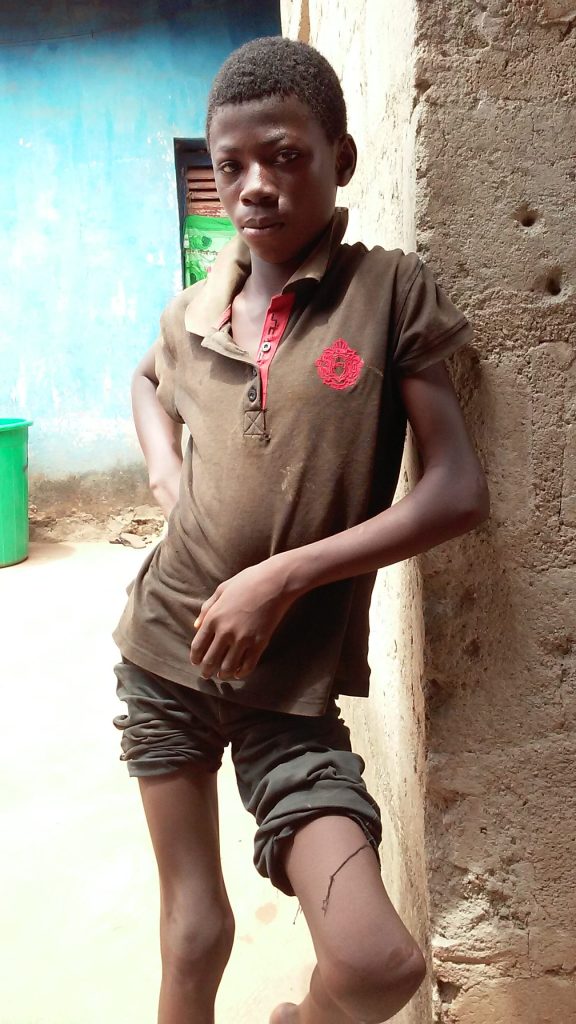Accra, April 13, GNA-Dr. Vivian Painstil, a Senior Specialist Paediatrician at the Komfo Anokye Teaching Hospital (KATH) has urged the government to include diagnostic and treatment of haemophilia, a genetic condition under the coverage of the National Health Insurance Scheme (NHIS).
Haemophilia is a genetic inherited blood related disorder that affects every one male or female child out of every 10,000 births.
This affects the body’s ability to make blood clots, a process needed to stop bleeding, leading to some forms of deformity.
Dr Painstil, speaking at a media briefing to commemorate World Hemophilia Day, said the inclusion of hemophilia under the Scheme would help the country make more diagnostics, and offer early intervention to persons with the condition.
The meeting was organised by Pfizer, a multinational pharmaceutical, seeking to support patients living with hemophilia and work tirelessly to find breakthrough solutions and therapeutic options for them.
Dr Painstil who is also a Senior Lecturer at the Department of Child Health, Kwame Nkrumah University of Science and Technology (KNUST), said regional and teaching health facilities had 397 persons who were under treatment.
She said the World Hemophilia Federation had been providing support for people living with hemophilia through the provision of drugs and diagnostic equipment and called on the government to support it by expanding the diagnostic centres.
“Per the current population of over 30 million, we should ideally be able to diagnose more than 1500 people. The challenge is that district facilities do not have what it takes to make a diagnosis,” she said.
Dr Painstil stated that socio-cultural notion that people with such conditions were cursed discouraged them from seeking medical help.
According to her, some people with the condition blamed it on witchcraft or curses, hence seeking care from spiritualist instead of going to hospitals for proper diagnosis and care.
“Even some medical personnel at the district levels are not aware of the condition so, they are unable to provide the needed counselling and recommendation to parents to seek early diagnoses,” she noted.
Dr Painstil said the burden on people living with hemophilia was significant, with many receiving routine infusions or injections, which could interfere with their ability to take part in day-to-day activities.

Dr Kodjo Soroh, the Pfizer Medical Director for Sub-Saharan Africa, said: “Pfizer’s efforts at advancing treatment for hemophilia and bridging gaps in access to care resonates with this year’s theme of World Hemophilia Day’s (WHD)- Access For All: Prevention of Bleeds.”
He said Pfizer’s commitment to equity and continued investment in hemophilia was evident in its more than 30 years of experience in developing therapies for hematological disorders as it had a deep understanding of the significant challenges that people living with hemophilia continually faced.
He pledged the commitment of Pfizer to continue to raise awareness on the condition, saying: “We will continue to amplify and celebrate the work of the global hemophilia community as we create awareness on the need for innovation in access to hemophilia treatments.”
GNA